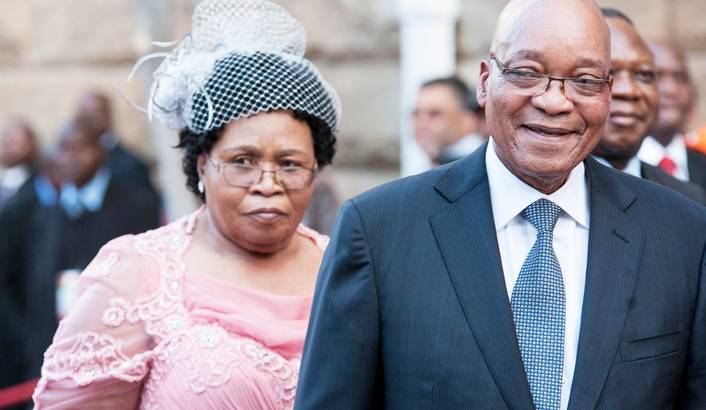As the country watched the drama unfolding at the State of the Nation address on Thursday evening, there was very little focus on the president’s actual speech and whether South Africa had shown any positive progress over the past year. Public attention was focused on the EFF, whose members were physically tossed out of parliament for persistently raising questions over President Jacob Zuma’s Nkandla homestead. The scuffle also led to the Democratic Alliance (DA) walking out over concerns that armed police personnel were allowed within the assembly.
However, according to Black Sash advocacy manager, Elroy Paulus the focus should rather be shifted as to the content of the speech itself, and to what Zuma did and did not address in terms of policy. Prior to the address, Black Sash wrote something of a mock SONA speech directed at the president, on what questions need be addressed during his presentation.
“I’m afraid a lot of those questions still remain unanswered (after SONA),” he said.
Amongst the questions were concerns that corporations in the financial services sector were being allowed to enrich themselves at the cost of the poor.
“In particular we referred to the Cash Paymaster Services (CPS) issue, which the constitutional court found to be invalid. That practice is still continuing, and government must seriously take into consideration the threat of the state being eroded by people making deductions off the most vulnerable and poor Sassa beneficiary accounts,” he said.
Zuma’s speech has been widely slated for its lack of attention to key issues such as poverty, unemployment and inequality amongst others. This has brought about questions as to whether government has any realistic solutions to address these issues. Paulus said it was the opinion of the Black Sash that the dependence on a ‘growth rate’ as a sole solution to the country’s complex situation was “quite naive”.
“South Africa has multiple dimensions of poverty and inequality. We are the most unequal country in the world, and if growth does happen it needs to be labor intensive, and more equitable,” he explained. VOC (Mubeen Banderker)






 WhatsApp us
WhatsApp us 


1 comment
spot on mubeen!! but, nkandla is a homestead?